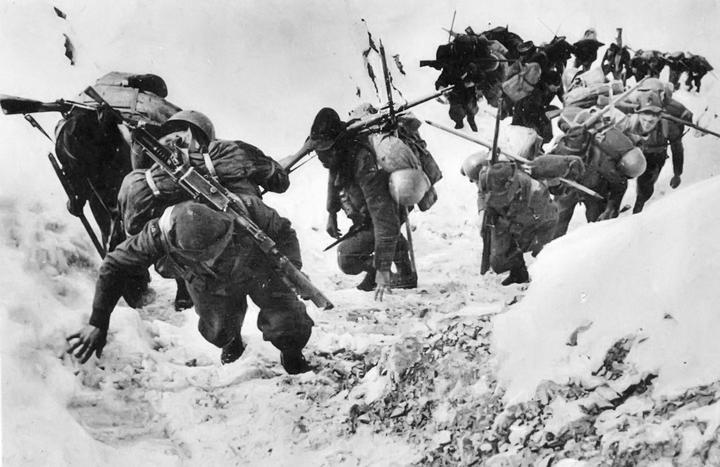From Taxation to Fighting for the Nation: Historical Fiscal Capacity and Military Draft Evasion during WWI

Abstract
Do strong states affect the culture and actions of their citizens in a persistent way? And if so, does the capacity to tax, by itself, have a role in this effect? I study how the historical capacity of a state to collect taxes affects a citizen’s decision to evade the mandatory military draft. I focus on Italy during World War I and identify quasi-exogenous variation in tax collection induced by the administrative structure of Piedmont during 1814-1870. Using newly collected individual data on the universe of the 1899 cohort drafted in the province of Turin, I find that citizens born in towns with lower historical fiscal capacity were more likely to evade the military draft, and that culture is a channel through which the effect persists. Placebo estimates confirm that the effect can be attributed to fiscal capacity and is not confounded by legal capacity. Additional results on voter turnout and better access to schools are consistent with higher fiscal capacity leading to both higher expected returns to participation and differential provision of public goods. (R&R at Journal of the European Economic Association)